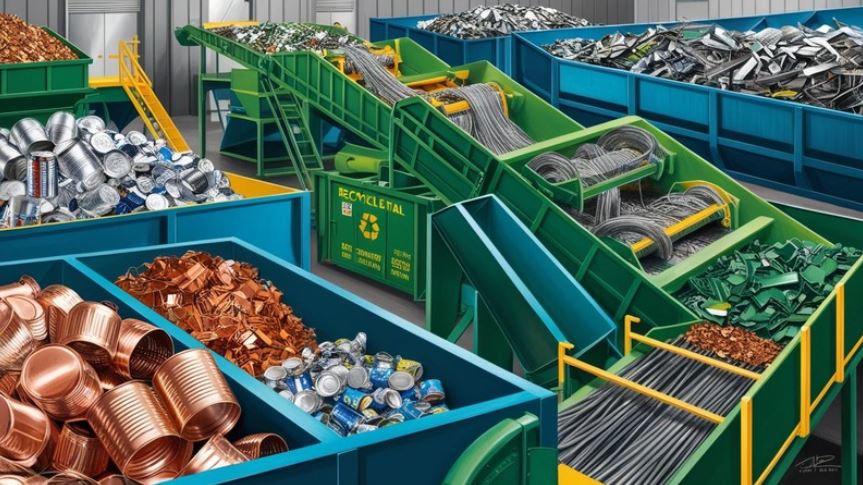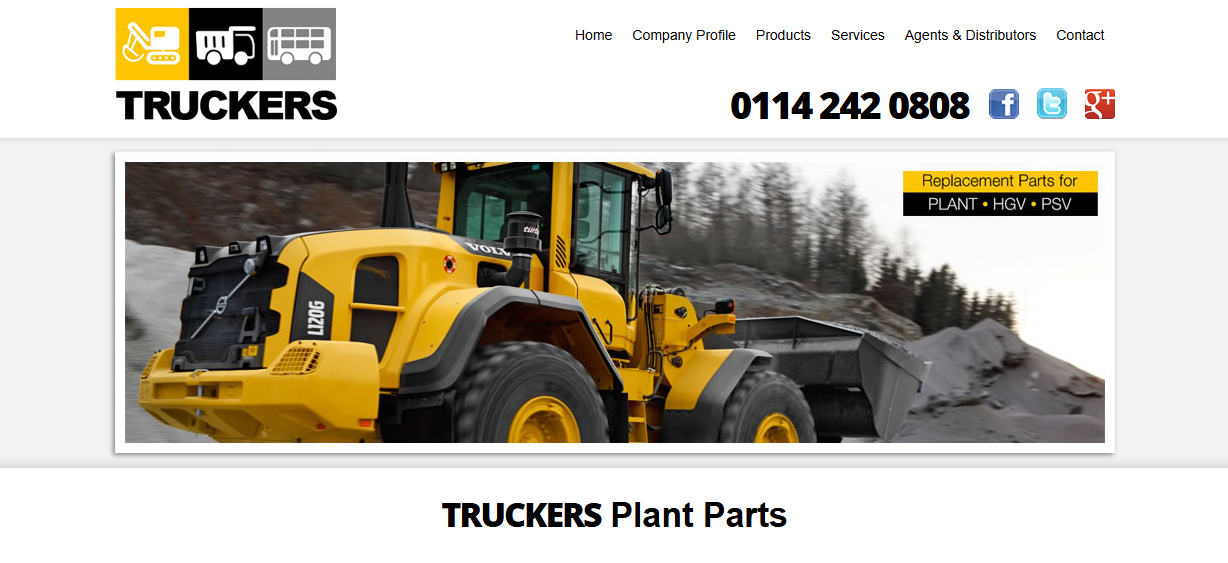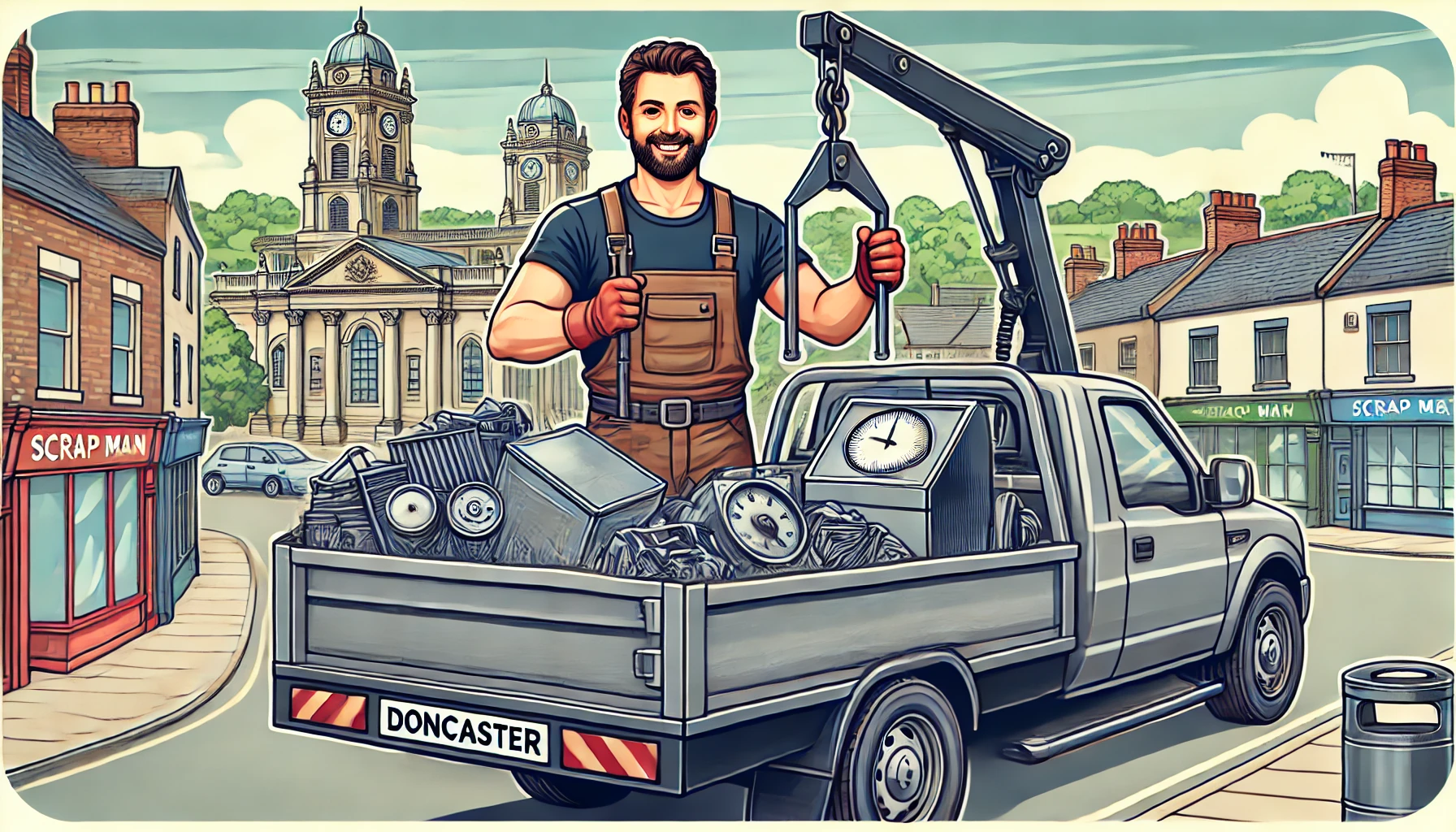
In a world that values sustainability and environmental consciousness, many people overlook one of the most accessible ways to earn extra cash while also helping to conserve natural resources: selling scrap metal. Whether it’s the pile of old appliances in your garage, discarded car parts, or construction debris left behind after a renovation, there’s a hidden treasure in all that “junk.” The phrase “cash for scrap” refers to the simple process of turning your unwanted metals into actual money.
Not only does selling scrap metal help you declutter and earn some extra income, but it also plays a significant role in the recycling process, reducing waste and promoting a more sustainable future. Let’s dive into the world of cash for scrap and explore how you can transform your scrap metal into valuable cash while making a positive impact on the environment.
What is Cash for Scrap?
At its core, cash for scrap involves collecting metal items that are no longer useful or needed, and selling them to recycling centers or scrap yards. These metal items are sorted, processed, and then sent to be reused in manufacturing new products. The metal can come from a wide variety of sources, including old cars, broken-down appliances, construction debris, and even household items like pipes, wiring, and furniture.
The real value in scrap metal comes from its ability to be recycled and reused, reducing the need for new raw materials and conserving energy. Once the metal is sold, it is melted down, purified, and made into new items, which can range from cans and household products to vehicles and even construction materials. This process plays a crucial role in maintaining a circular economy, where products and materials are reused rather than thrown away, reducing waste and conserving valuable natural resources.
Types of Scrap Metal That Can Be Sold for Cash
Not all scrap metal is created equal. Some metals are more valuable than others, and understanding the difference can help you maximize the money you earn. The two main categories of scrap metal are ferrous metals and non-ferrous metals.
Ferrous metals contain iron and are magnetic, making them easier to identify. These types of metals are typically heavier and less valuable than their non-ferrous counterparts. Common ferrous metals include steel and iron, which can be found in old appliances, structural beams, and car parts. Though ferrous metals are abundant, they tend to be worth less on the scrap market due to their lower demand and ease of extraction.
On the other hand, non-ferrous metals do not contain iron, and they are generally more valuable than ferrous metals. These metals are highly sought after because they are more durable, resistant to corrosion, and have a higher recycling value. Common non-ferrous metals include copper, aluminum, brass, lead, and stainless steel. These metals are often found in household appliances, electrical wiring, plumbing, automotive parts, and even in discarded items like electronics.
Among non-ferrous metals, copper is particularly valuable, making it a prime target for recycling. Copper is used in electrical wiring, plumbing pipes, and some electronic devices. Aluminum, which is commonly found in cans, window frames, and vehicle parts, is also in high demand, especially because it’s lightweight and easy to recycle. Stainless steel, found in kitchen appliances, industrial equipment, and medical instruments, holds value as well due to its resilience and long lifespan.
The value of scrap metal can fluctuate based on market demand, so it’s a good idea to keep track of metal prices before heading to a scrap yard. Checking prices regularly can help you determine whether it’s the right time to sell or whether you should wait for prices to go up.
Why Sell Scrap Metal?
There are many compelling reasons to sell scrap metal, both financial and environmental. For starters, it’s a quick and easy way to make some extra cash. If you’ve recently renovated your home, cleaned out your garage, or replaced an old appliance, there’s likely a heap of scrap metal just waiting to be turned into money. Instead of letting these items sit around collecting dust or cluttering up your space, selling them for cash can help you declutter your home and give you some financial relief.
Beyond the immediate cash benefits, selling scrap metal contributes to environmental sustainability. Recycling metals conserves natural resources and reduces the need for mining, which is energy-intensive and harmful to ecosystems. For example, recycling aluminum uses up to 95% less energy than producing new aluminum from raw bauxite ore. By recycling scrap metal, you’re helping to conserve energy, reduce emissions, and lower your overall carbon footprint.
Another important reason to sell scrap metal is that it reduces the amount of waste that ends up in landfills. Metals, especially non-ferrous ones like copper and aluminum, can take hundreds of years to decompose. By recycling your scrap metal, you’re giving these materials a second life, helping to prevent unnecessary waste, and contributing to a more sustainable future.
How to Sell Scrap Metal
Selling scrap metal is simpler than you might think, but there are a few important steps to ensure you get the best deal possible. First, it’s crucial to sort and clean the metal before taking it to the scrap yard. Sorting involves separating ferrous metals from non-ferrous metals, as non-ferrous metals typically carry a higher value. Cleaning the metal by removing any non-metallic materials like plastic, rubber, or wood will help ensure you’re paid the highest price possible. Scrap yards are more likely to offer better prices for clean, sorted metal because it’s easier to process and recycle.
Next, it’s important to weigh your scrap metal. Some scrap yards may offer to weigh your scrap on-site, but having a rough idea of how much metal you have before you go can help you estimate your earnings and ensure you’re getting a fair price. You can also use online tools to check current market prices for different metals to help gauge the value of your scrap.
Once your metal is prepared, it’s time to find a local recycling center or scrap yard. Many scrap yards will accept a wide range of metals, including those from vehicles, construction debris, old appliances, and more. It’s always a good idea to shop around for the best price, as different scrap yards may offer varying rates for the same materials. If you have a significant amount of scrap metal or larger items like old vehicles or construction materials, consider finding a scrap yard that offers pick-up services. Some scrap yards even offer to come directly to your home to collect larger items, saving you the time and hassle of hauling them yourself.
When visiting a scrap yard, be prepared to provide identification, especially if you’re selling large amounts of metal. Some locations may require you to show proof of ownership for items like car parts or vehicles, as they want to ensure that the scrap is being sold legally.
Mistakes to Avoid When Selling Scrap Metal
While selling scrap metal can be a straightforward process, there are a few common mistakes to avoid. One of the biggest mistakes is failing to sort your metals properly. As mentioned, non-ferrous metals like copper and aluminum are worth more than ferrous metals, so separating them beforehand is essential for maximizing your earnings. Another mistake is neglecting to clean your scrap metal. Items with excess dirt, grease, or non-metal parts may be weighed lower or not accepted at all.
Another important mistake to avoid is selling to unlicensed or unregulated buyers. Always choose a reputable scrap yard that is properly licensed and follows local regulations. This ensures you’re getting a fair deal and that your scrap is being handled in an environmentally responsible manner. Selling scrap metal to an unlicensed buyer could also put you at risk of legal trouble if the scrap was obtained through illegal means.
Finally, don’t forget to check current metal prices before heading to a scrap yard. Metal prices can fluctuate regularly due to changes in market conditions. By staying informed, you’ll have a better sense of whether it’s a good time to sell or whether you should hold onto your scrap for a bit longer to get a better price.
Selling scrap metal for cash is an easy and environmentally-friendly way to earn extra money while decluttering your home and contributing to a more sustainable future. With a little preparation, sorting, and research, you can turn your unwanted scrap metal into valuable cash. Whether it’s old car parts, discarded appliances, or construction debris, there’s an opportunity to recycle, earn, and make a positive impact.
So next time you find yourself surrounded by scrap metal, remember: it’s not just junk – it’s cash waiting to be earned and recycled for a better tomorrow.
FAQ: Cash for Scrap
1. What is Cash for Scrap?
Cash for scrap refers to the practice of selling scrap metal—whether it’s from old appliances, cars, or construction debris—to a scrap yard or recycling center in exchange for cash. The metal is then processed and reused in manufacturing new products.
2. What types of scrap metal can I sell?
You can sell both ferrous (iron-based) and non-ferrous (non-iron-based) metals. Ferrous metals include steel and iron, while non-ferrous metals like copper, aluminum, brass, and stainless steel are more valuable. The higher the quality and purity of the metal, the more money you can make.
3. How much money can I make from scrap metal?
The amount you earn depends on the type, weight, and current market prices of the metals you’re selling. Non-ferrous metals like copper and aluminum generally offer better rates, but ferrous metals still have value. Typically, the more you have, the more you can make, especially if you’re selling in bulk.
4. How do I know what type of scrap metal I have?
The easiest way to distinguish between ferrous and non-ferrous metals is by using a magnet. Ferrous metals, which contain iron, are magnetic. Non-ferrous metals like copper, aluminum, and brass won’t stick to a magnet. You can also refer to specific item types to help identify materials.
5. Do I need to clean my scrap metal before selling it?
Yes, cleaning your scrap metal can increase its value. Removing non-metallic items such as rubber, plastic, or wood helps scrap yards process the metal more easily and often leads to a higher payout. For example, copper pipes should be stripped of any insulation or other debris.
6. Where can I sell scrap metal for cash?
You can sell scrap metal at local scrap yards, metal recycling centers, or through online services that buy scrap. It’s important to choose a reputable facility that offers fair prices and follows local regulations regarding recycling.
7. Can I sell scrap metal from old appliances or electronics?
Yes, many scrap yards accept metal from old appliances (refrigerators, washing machines, etc.) and electronics (TVs, computers, etc.), as long as they contain metal components. However, you should first check with the scrap yard about specific items they accept, as some may have restrictions.
8. What are the most valuable scrap metals?
Non-ferrous metals like copper, brass, aluminum, and stainless steel are typically the most valuable. Copper, in particular, is highly sought after and can bring in a higher price due to its widespread use in electrical wiring, plumbing, and electronics.
9. How is scrap metal priced?
Scrap metal prices fluctuate based on market demand, metal types, and global economic conditions. Non-ferrous metals tend to have higher prices than ferrous metals, and prices can change weekly or even daily. Checking current prices online or calling your local scrap yard will give you a better understanding of what you might earn.
10. Can I sell a scrap car for cash?
Yes, scrap yards often buy old or damaged vehicles. In addition to the metal, vehicles may contain valuable parts like batteries, tires, and catalytic converters. If your car is still functional, it may also be worth more as a used vehicle rather than scrap. Scrap yards may offer free pick-up services for large items like cars.
11. Do I need to bring identification when selling scrap metal?
Yes, many scrap yards require valid identification to prevent the illegal sale of stolen materials. It’s important to have your ID on hand, and in some cases, you may also need to provide proof of ownership for larger items like vehicles.
12. Can I sell scrap metal online?
While you can sell scrap metal online through some specialized services, most transactions occur locally through physical scrap yards. Some companies may offer to pick up large amounts of scrap metal, especially if you’re selling in bulk, but the process typically involves local delivery or pickup.
13. Is there a minimum amount of scrap metal I need to sell?
There is usually no strict minimum, but some scrap yards may have a minimum weight requirement for drop-off. However, many facilities will gladly accept smaller amounts of scrap metal if they are sorted and cleaned. Larger amounts, such as those from home renovations or auto scrap, may yield higher returns.
14. What are the environmental benefits of recycling scrap metal?
Recycling scrap metal reduces the need for mining new materials, saving energy and reducing the environmental impact associated with raw material extraction. For example, recycling aluminum uses 95% less energy than making new aluminum from raw bauxite. Recycling also reduces landfill waste, conserving space and cutting down on pollution.
15. Are there any safety precautions when handling scrap metal?
Yes, it’s important to handle scrap metal with care, especially when dealing with larger or heavier items. Wear protective gloves to avoid sharp edges, and be cautious when lifting heavy pieces to avoid injury. Additionally, some items like old electrical appliances or batteries may contain hazardous materials, so ensure they are properly disposed of according to safety guidelines.


